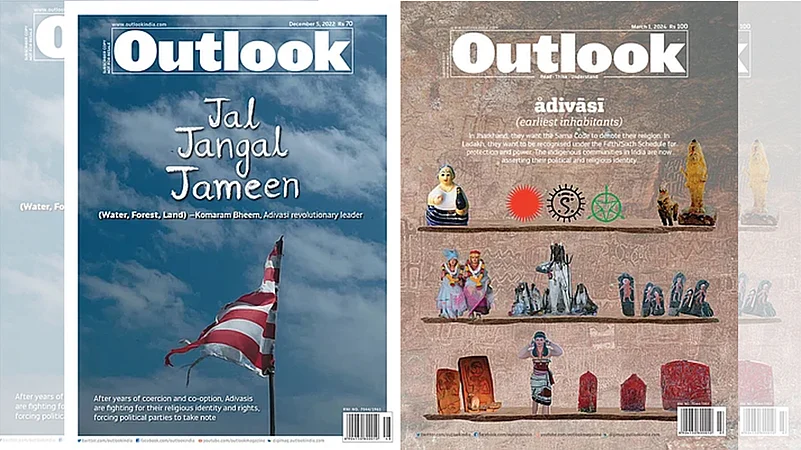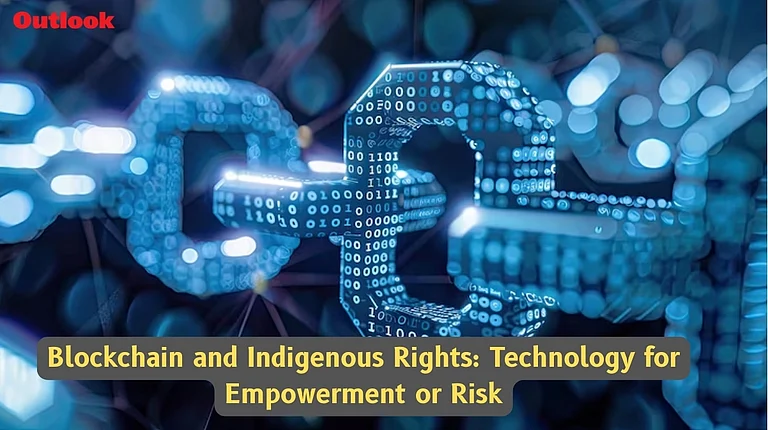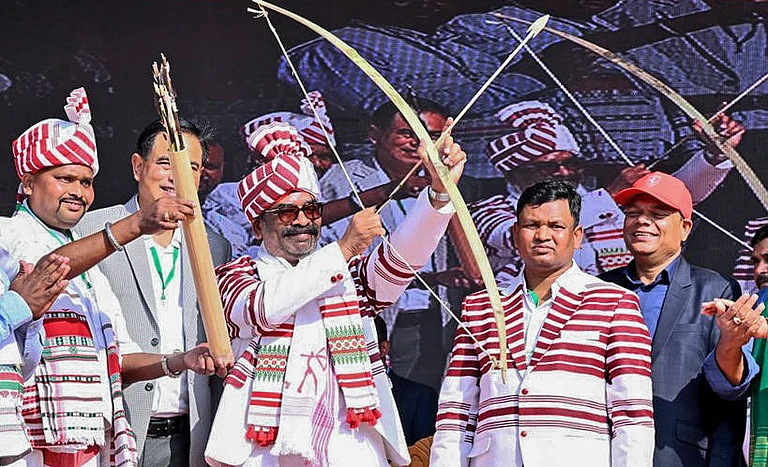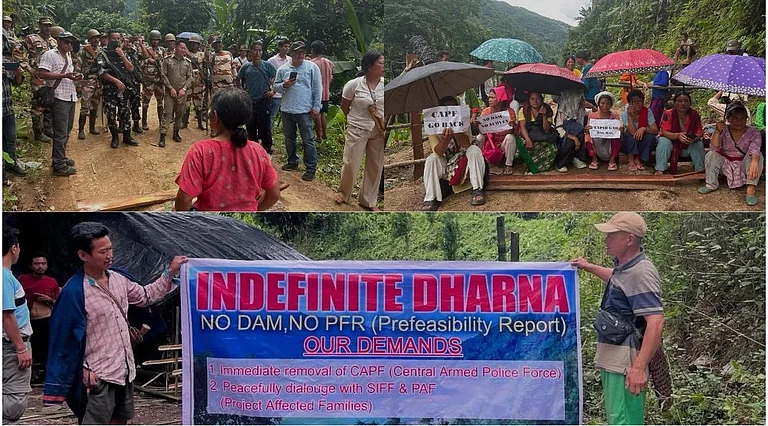Every year on August 9, the world marks the International Day of the World’s Indigenous Peoples. The day was set by the United Nations in 1994 to highlight the situation of Indigenous communities around the globe. It remembers the first meeting of the UN Working Group on Indigenous Populations in 1982, which began efforts to bring Indigenous voices into international discussions.
Indigenous peoples make up a small but significant portion of the global population, over 470 million people spread across many countries. Despite their long histories and deep connections to their lands, many face ongoing challenges like loss of their territories, discrimination, poverty, and threats to their languages and cultures. These are not just old problems; they continue today in many places.
The UN Declaration on the Rights of Indigenous Peoples, adopted in 2007, sets out basic rights, including control over land and resources, cultural preservation, and political participation. Still, many Indigenous groups continue to struggle with displacement, lack of access to services, and restrictions on their way of life.
This day is not just about recognising culture or heritage. It is a reminder that Indigenous peoples often face marginalisation and injustice and that their rights need to be respected. It asks governments, media, and society to listen to Indigenous voices and address the problems they face.
In India, Indigenous communities, often called Adivasis, have their own distinct cultures and histories. They have long fought for their rights to land, resources, and recognition. Their stories raise important questions about justice and fairness in Indian society today.
This context made Outlook’s issue from 5 December 2022 and March 2024 especially relevant.
In the Outlook Magazine issue of 5 December 2022 on Jal, Jangal and Jameen, Md Asghar Khan through his piece Adivasis In Jharkhand Want Their Own Religion, Will RSS Let Them Have It? highlights the struggle of Jharkhand’s Adivasis to secure official recognition for Sarnaism, their indigenous religion. The article shows how political resistance, especially from the RSS, continues to stall this long-standing demand.
In the same magazine issue, Editor-in-Chief Chinki Sinha presents The Adivasi World: One With The Earth, an intimate look at indigenous communities’ deep connection to land, faith, and memory. Through poetry and lived experience, the article reveals their ongoing struggle against displacement, cultural erasure, and the politics of identity.
Kunal Shahdeo's Will Adivasis Be Able To Stave Off Attempts To Saffronise Them? looks at how Adivasis in Jharkhand resist efforts to fold them into the Hindu nationalist agenda. Despite growing pressure from the Sangh Parivar, many Adivasis continue to assert their own identity and challenge attempts to redefine their culture and politics.
Snigdhendu Bhattacharya in his piece How Tribals Are Guarding Indigenous Faith In The Northeast looks at how tribal communities in Arunachal Pradesh and Sikkim guard their indigenous faiths. The article shows how these traditions persist despite pressures from organised religions and modern life.
In the Outlook Magazine issue of 1 March 2024 on Adivasi, Sonajharia Minz through article The Future Of Tribalism In India takes a hard look at the evolving identity of tribal communities in India. She explores how Adivasis face ongoing challenges around land, culture, and governance amid rapid social and economic change. The piece questions whether tribal identity can survive the pressures of mainstream development and political marginalisation. Minz argues that Adivasis must actively reclaim the constitutional promises of equality and justice to be recognised as full citizens, not just statistics.
In the same magazine issue, Jacinta Kerketta through The Adivasi Way Of Life At Stake writes about how the tribal way of life is under threat from forces that want to erase their values and community. She shows how this struggle is part of a larger fight between a world built on competition and one rooted in mutual care and connection.
Naseer Ganai’s Ladakh Battles For Identity More Than 4 Years After Abrogation Of Article 370 looks at Ladakh’s battle to protect its tribal identity years after Article 370 was revoked. The piece focuses on the region’s demand for Sixth Schedule status and the growing unrest as local leaders press the government for action.
Anisha Reddy in her article, Despite Mega Outreach, Tribals In Andhra-Telangana Region Have No Place To Call Home lays bare how tribal families in Andhra-Telangana are forcibly uprooted from their ancestral lands. While politicians claim to champion their cause, these communities face eviction, broken promises, and erasure of their identity.
World Indigenous Day is a reminder that Indigenous communities continue to face real struggles for their land, culture, and rights. It calls on all of us to listen to their voices and support their fight for justice and recognition. Change requires more than words, it needs action and respect for their identity and choices. Standing with Indigenous peoples means standing for dignity and fairness every day.




























